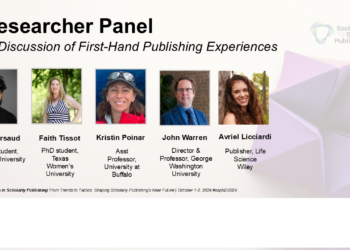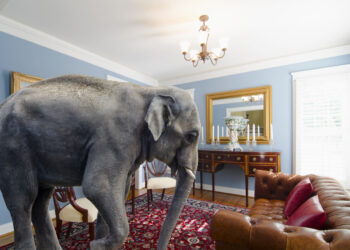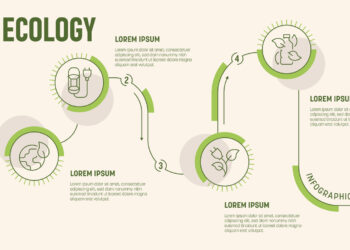 Image via CrunchBase, source unknown
Image via CrunchBase, source unknown Google Knol operates under the premise that single authors can generate authoritative articles and, because of author attribution, the risk of misinformation is diminished. By inference, the Knol team seems to be positing that misinformation exists on Wikipedia (yet, as I noted in a recent post, Wikipedia quickly flags and corrects errors).
A very nice blog entry by Cathy Davidson from the Humanities, Arts, Science, and Technology Advanced Collaboratory (HASTAC, pronounced “haystack”), hits on some perceptions I’ve had reviewing the knol entries. Basically, her point is that the debates, diversity, and range of views on Wikipedia make for better entries, more improvement to entries, and a better overall experience. Conversely, knol entries seem like vanity publishing.
Davidson’s example of the entry on “senses” really points this out. I think there are many points lurking as a subtext:
- Many people contributing small bits soon create something much larger and more diverse than any individual author can do alone.
- Individual authorship tends to become an “informercial” for that author’s point of view or biases, which can be boring and uninformative.
- Debate, update, and revision are vital to a vibrant reference work. Google Knol is static and uninteresting.
Read her blog post, and see what you think.
(Also, as she notes, if Google isn’t tweaking its search results to favor its knols, then PageRank makes less sense than I thought.)
![Reblog this post [with Zemanta]](http://img.zemanta.com/reblog_e.png?x-id=382b6d34-945b-49e8-8e3f-86c928e20d7f)


